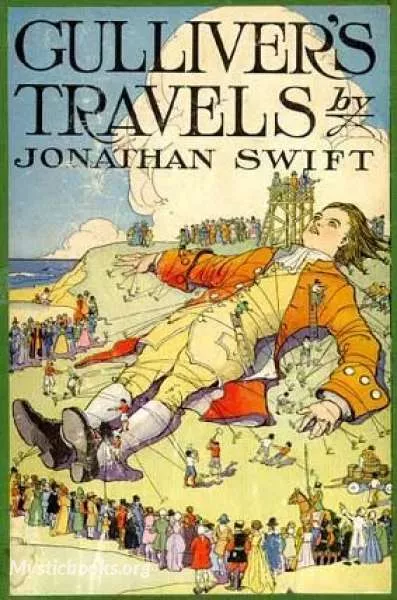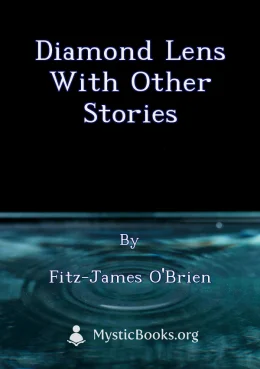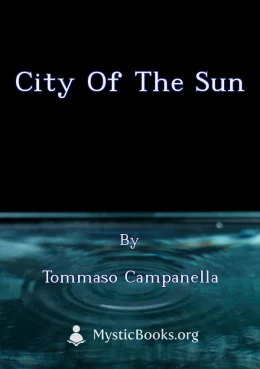
Gulliver's Travels
'Gulliver's Travels' Summary
During his first voyage, Gulliver is washed ashore after a shipwreck and finds himself a prisoner of a race of tiny people, less than 6 inches (15 cm) tall, who are inhabitants of the island country of Lilliput. After giving assurances of his good behaviour, he is given a residence in Lilliput and becomes a favourite of the Lilliput Royal Court. He is also given permission by the King of Lilliput to go around the city on condition that he must not hurt their subjects.
At first, the Lilliputians are hospitable to Gulliver, but they are also wary of the threat that his size poses to them. The Lilliputians reveal themselves to be a people who put great emphasis on trivial matters. For example, which end of an egg a person cracks becomes the basis of a deep political rift within that nation. They are a people who revel in displays of authority and performances of power. Gulliver assists the Lilliputians to subdue their neighbours the Blefuscudians by stealing their fleet. However, he refuses to reduce the island nation of Blefuscu to a province of Lilliput, displeasing the King and the royal court.
Gulliver is charged with treason for, among other crimes, urinating in the capital though he was putting out a fire. He is convicted and sentenced to be blinded. With the assistance of a kind friend, "a considerable person at court", he escapes to Blefuscu. Here, he spots and retrieves an abandoned boat and sails out to be rescued by a passing ship, which safely takes him back home.
Book Details
Language
EnglishOriginal Language
EnglishPublished In
1726Authors
Jonathan Swift
Ireland
Swift is remembered for works such as A Tale of a Tub (1704), An Argument Against Abolishing Christianity (1712), Gulliver's Travels (1726), and A Modest Proposal (1729). He is regarded by the Encyclo...
Books by Jonathan SwiftDownload eBooks
Listen/Download Audiobook
- Select Speed
Related books

Thing in the Attic by James B. Blish
The Thing in the Attic is a science fiction short story by James Blish. It was first published in the July 1954 issue of If magazine. The story is set...

Smoky God or a Voyage to the Inner World by Willis George Emerson
The Smoky God is a classic science fiction novel about a Norwegian sailor who finds a passageway to the center of the Earth. There he discovers a whol...

Born Again by Alfred Lawson
Alfred Lawson's "Born Again" is a peculiar and often humorous blend of science fiction, utopian ideals, and philosophical musings. The story centers...

Diamond Lens with Other Stories by Fitz-James O'Brien
Fitz-James O'Brien's collection of weird tales explores the intersection of science and the supernatural. With a scientific approach to the fantastica...

Voyage Out by Virginia Woolf
The Voyage Out is the first novel by Virginia Woolf, published in 1915 by Duckworth; and published in the U.S. in 1920 by Doran. One of Woolf's wittie...

Idee des Doctor Ox by Jules Verne
Jules Vernes Roman führt uns in das fiktive Städtchen Quiquendone. Hier ticken die Uhren besonders langsam und es bedarf schon mal Jahrzehnte, bevor d...

Mr. Wicker's Window by Carley Dawson
Mr. Wicker's Window is a captivating fantasy novel that follows the extraordinary journey of twelve-year-old Chris. Guided by the enigmatic Mr. Wicker...

Tedric by E. E. Smith
Tedric is a powerful and resolute hero who rebels against the cruel demands of the god Sarpedion. In a far-future setting blending science fiction an...

5 SF stories by Mack Reynolds by Mack Reynolds
This collection of five science fiction stories by Mack Reynolds explores the complex nature of humanity and our place in the universe. With a blend o...

City of the Sun by Tommaso Campanella
"City of the Sun" is a philosophical dialogue written by Tommaso Campanella in 1602. It describes a utopian city where all citizens are equal and live...
Reviews for Gulliver's Travels
No reviews posted or approved, yet...